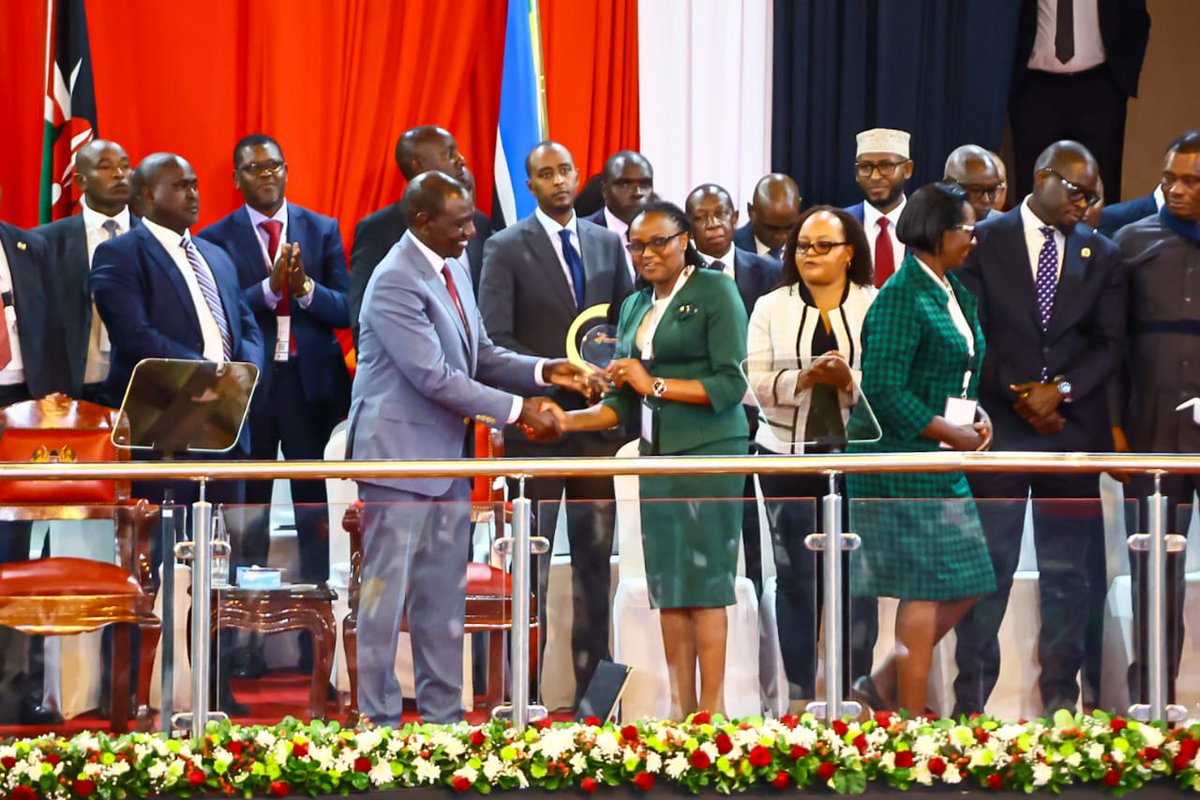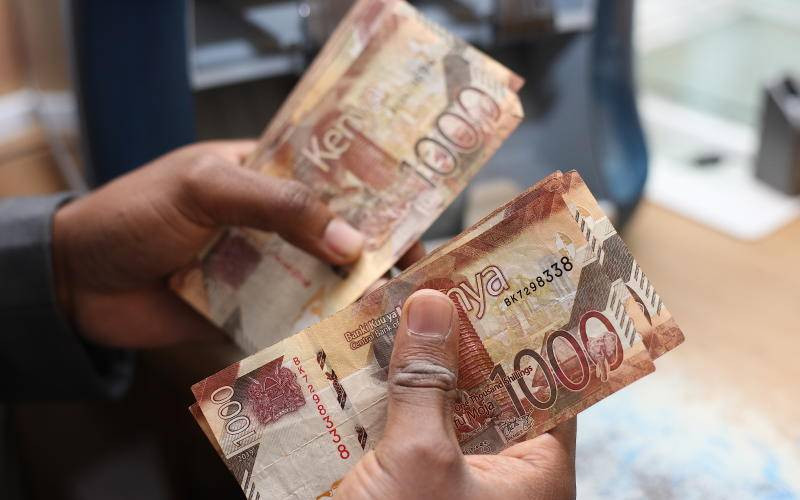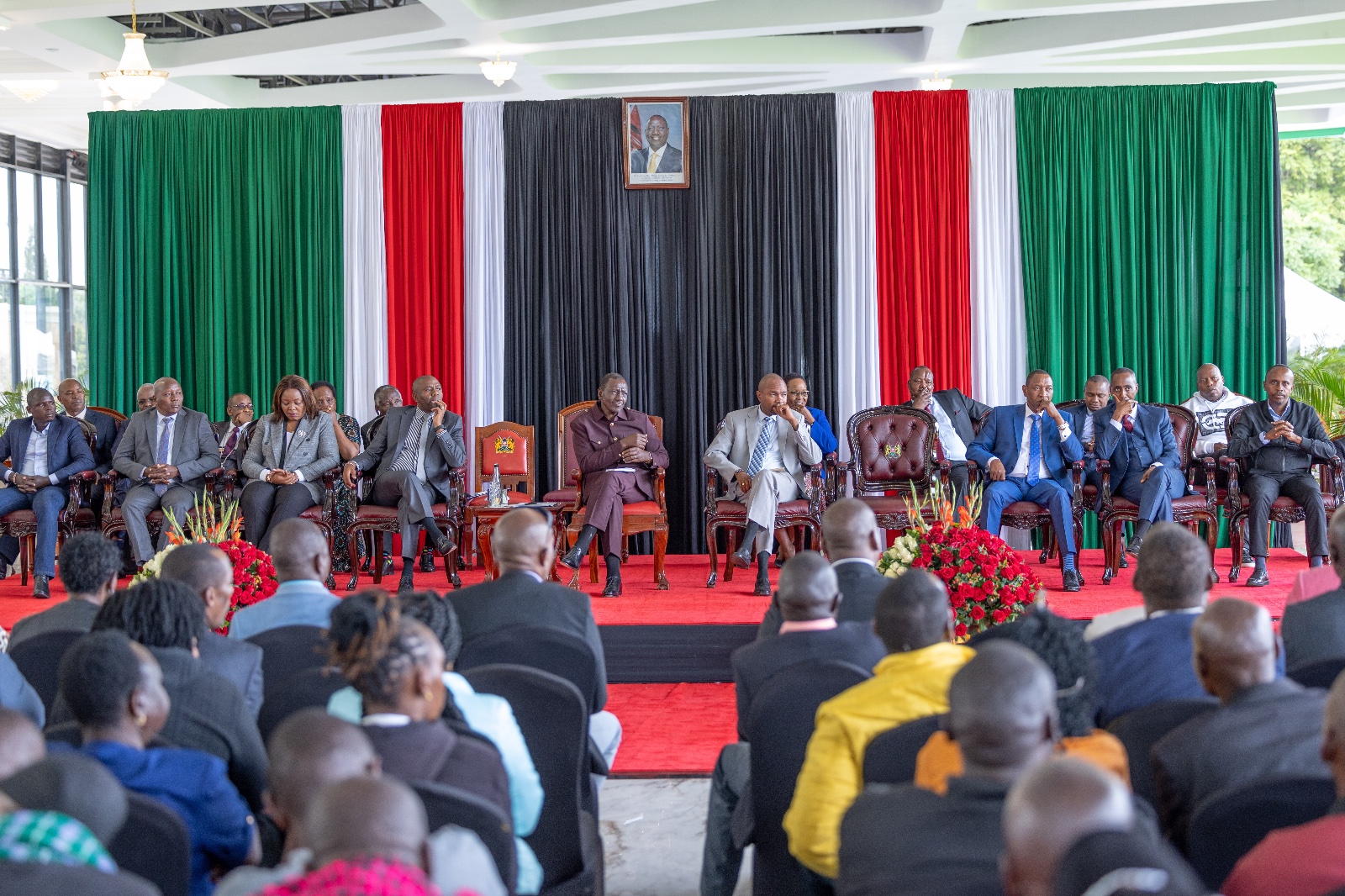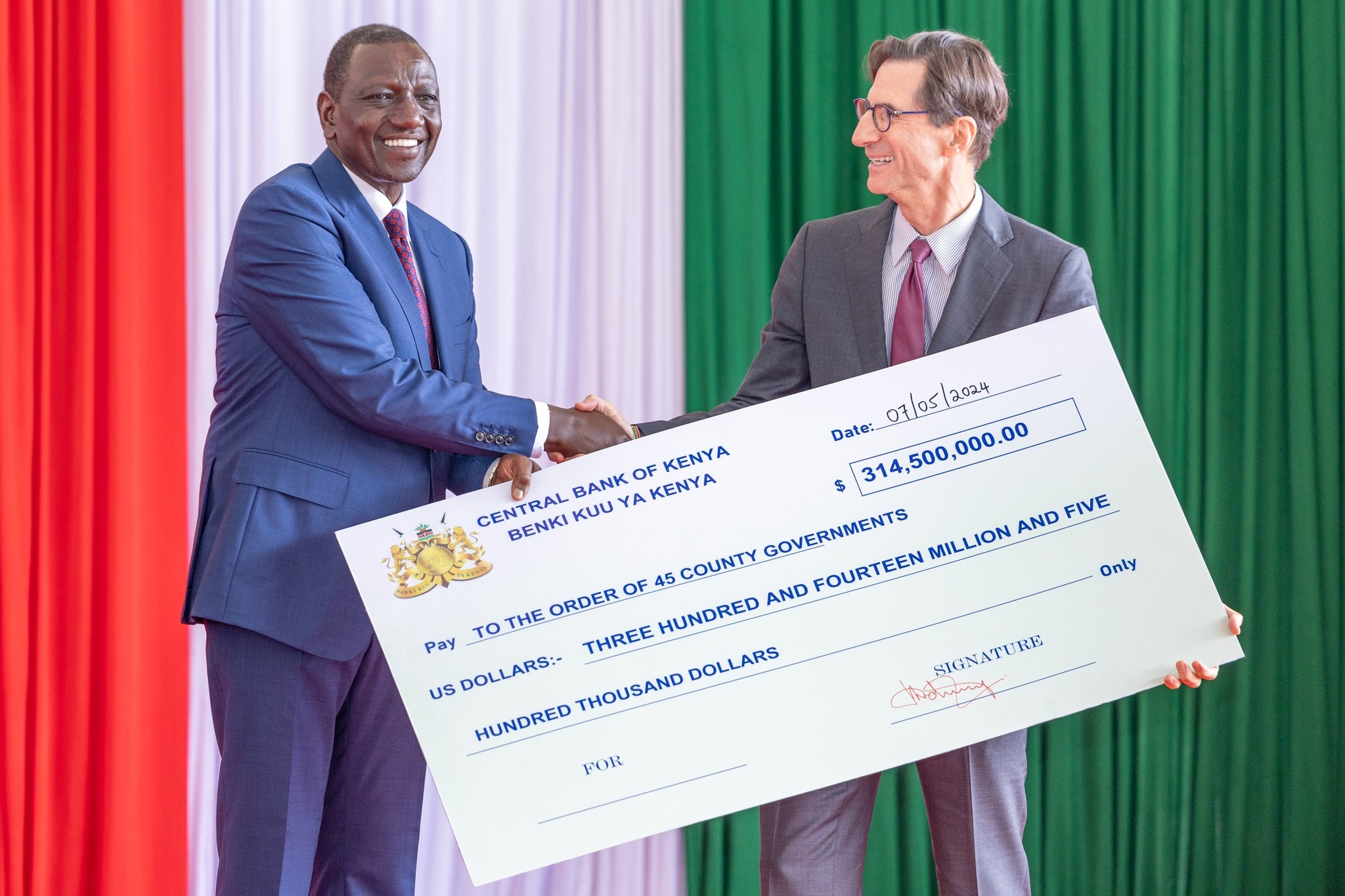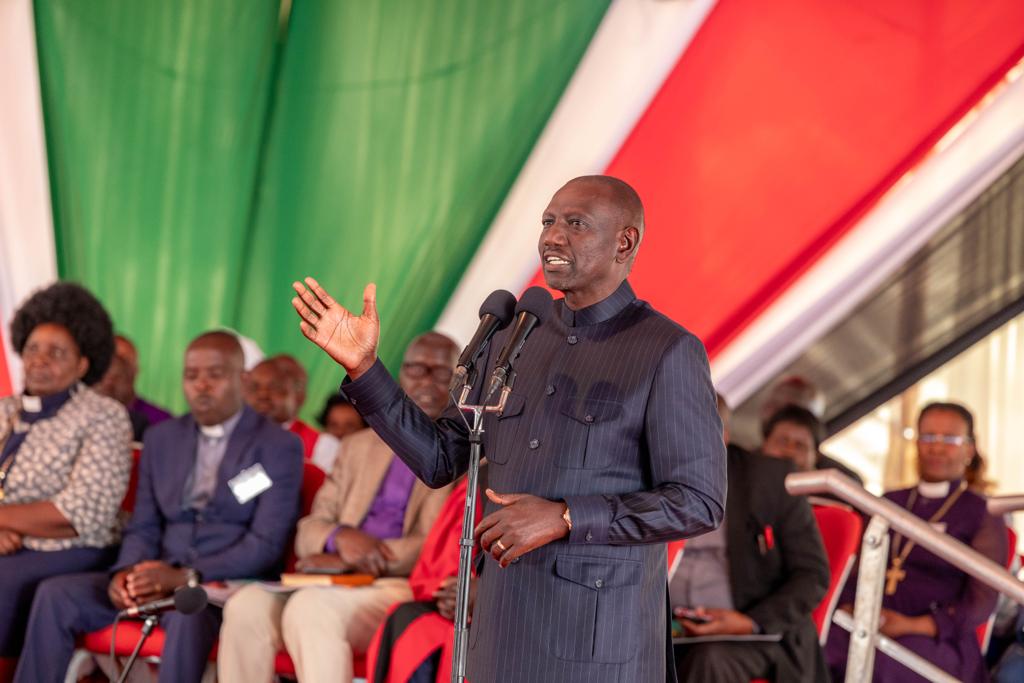
Discussion surrounding the absence of the Cost of Living topic on the agenda for the upcoming National Dialogue Team meeting has been ongoing. However, it’s worth noting that this concern has been addressed, especially in light of recent developments. Kenya has experienced a consistent decline in its annual inflation rate for the fourth consecutive month. In August 2023, the inflation rate dropped to 6.7%, marking the lowest figure since April 2022. This positive trend comes after rates of 7.3% in July, 7.9% in June, and 8% in May. Importantly, this places the inflation rate well within the central bank’s preferred range of 2.5% to 7.5%. The decline to 6.7% is particularly noteworthy as it signifies a significant achievement in terms of the nation’s economic stability. This trend not only indicates a reduction in the cost of living but also highlights President William Ruto’s unwavering dedication to strengthening the Kenyan economy.
Inflation, often viewed as a barometer of economic health, plays a crucial role in determining the cost of living for citizens. When inflation is high, the prices of goods and services tend to rise, making it increasingly challenging for individuals and families to make ends meet. Conversely, a lower inflation rate indicates greater economic stability and a more manageable cost of living.
The recent downward trajectory in Kenya’s inflation rate serves as compelling evidence that President Ruto’s economic policies are delivering tangible results. His strategic shift from subsidizing consumption to promoting production has proven to be an effective means of lowering the cost of living for ordinary Kenyans.
One of the standout success stories in this transformation has been the subsidy on fertilizers. Under President Ruto’s leadership, the cost of fertilizers has plummeted from Kshs. 7,500 to just Kshs. 2,500. This move has had a profound impact on Kenya’s agricultural sector, stimulating increased production of food products. As a result, a surplus of goods in the market has driven down prices, directly benefiting consumers and reducing the overall cost of living.
It’s worth noting that President Ruto’s approach is founded on a simple yet powerful principle: improving productivity is the key to reducing the cost of living. By supporting and incentivizing production, his administration has created an environment where Kenyan industries thrive, ultimately leading to enhanced food security and affordability.
Indeed, food security is the cornerstone of a prosperous nation. When a country can reliably feed its population, it paves the way for more extensive development across all sectors. With the availability of affordable food, citizens can allocate their resources to other essential needs, such as education, healthcare, and housing.
The consistent decline in Kenya’s annual inflation rate is a testament to President William Ruto’s effective economic policies. His focus on productivity and reduced reliance on consumption subsidies has revitalized the nation’s economy, resulting in more affordable living conditions for Kenyan citizens. As food security continues to improve, Kenya is well on its way to becoming a nation where economic prosperity is within reach for all.

